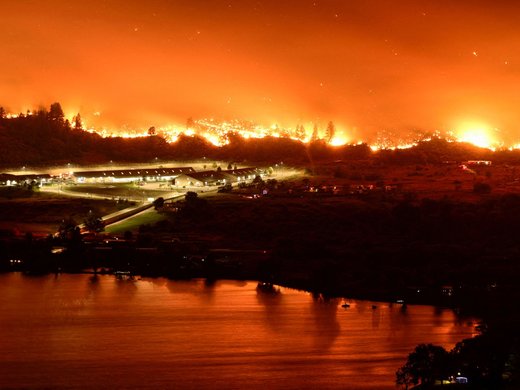China’s coal consumption fell marginally in 2014, the first such drop this century, in large part as a result of its policies to address its severe air pollution, develop renewable and alternative energy, and transition its economy away from heavy industry. China should take advantage of its current circumstances to adopt an aggressive national coal consumption cap target and policy to peak its coal consumption as soon as possible, no later than its next Five Year Plan (2016–2020), so that it can then peak its CO2 emissions by 2025. It can achieve this target by building upon its existing achievements in developing clean energy such as wind and solar power, where it leads the world in manufacturing and installation, and focusing on improving integration of renewable energy and scaling technologies such as energy storage, electric vehicles and smart grids. China should also prioritize renewable energy development over coal in its western expansion in order to avoid making large investments in stranded assets, and should price carbon high enough to direct investment toward clean energy. By doing so, China can help lead a transition to clean energy that will contribute greatly to global efforts to keep warming to no more than 2°C, and can serve as a model for other developing countries.
Building upon domestic actions, China should work with other key players, including the Group of Twenty (G20), to advance the international climate agenda. China should also ensure that the newly formed Asian Infrastructure Investment Bank (AIIB) prioritizes clean energy development for developing countries and does not fund coal mining or coal power projects, so that other countries can leapfrog the environmental pollution that China is now seeking to remedy.


